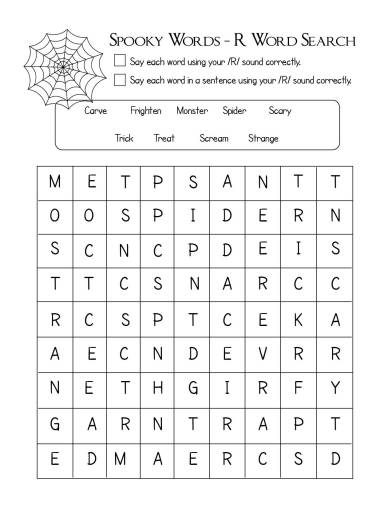It was a three day weekend, so I got busy finishing up two projects for working on answering “where” questions with my preschoolers with autism. I find that many of my preschoolers who are beginning to grasp answering “wh” questions get stuck after learning how to answer “What is it?” and “What is he/she/it doing?” questions. As with many concepts, providing visuals for language delayed preschoolers or students with autism can be a big help when teaching answering “wh” questions. With that in mind, I created two printable packs for working on answering “where” questions that are loaded with visual supports. One pack has an animal theme and the other has a vehicle theme.
Both packs contain the same styles of activities:
- An adapted book with visuals
- A printable, coloring book with visuals
- Printable puzzles with visuals
- Worksheet with visuals


The adapted books each feature 5 different “where” answers. The animal book focuses on animal homes (jungle, web, nest, pond, and farm) and the vehicles book focuses on places where the vehicles go (road, train tracks, sky, ocean, and outer space).
You can see an example of what the “Where Do the Vehicles Go?” book looks like when put together below on the left and a preview page showing some of the elements of the “Where Do the Animals Live?” book on the right below.


Just print, cut the pages on the dotted lines, laminate, add a bit of velcro and you are ready to go. I used a metal ring to hold the book together but plastic binding would work great too. I use the books during whole group circle time in my preschool classes and during pull-out speech therapy. The kids have been loving them!
To work on carryover, each pack also includes a black and white printable book with line drawings so kids can color the vehicles and animals. My classes use these during their center time and send them home so parents can see what their child is working on in school.


The packs also include printable puzzles for matching the vehicle/animal with where they belong and a worksheet.
The packs are available on Teachers Pay Teachers. Click on the links below to head over there!
Where Questions for Preschool and Autism Adapted Book and Activities Pack – Animals
Where Questions for Preschool and Autism Adapted Book and Activities Pack – Vehicles
Tags: answering "wh" questions, preschool language therapy, preschool speech therapy, teaching answering questions, where questions




















